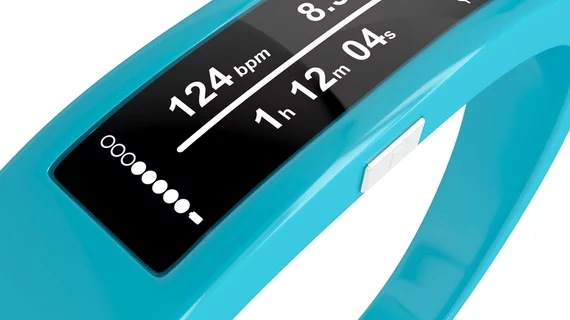Google will pay $2.1B to acquire Fitbit
Google is taking over wearables company Fitbit for an acquisition price of $2.1 billion, the companies confirmed Nov. 1.
The acquisition was explained in a blog post by Rick Osterloh, senior vice president of devices and services at Google, though news of the deal was released by CNBC earlier that week.
“With Google’s resources and global platform, Fitbit will be able to accelerate innovation in the wearables category, scale faster and make health even more accessible to everyone. I could not be more excited for what lies ahead,” James Park, co-founder and CEO of Fitbit, said in a statement Friday.
The acquisition helps Google solidify its position in the wearables market, which is increasingly being leveraged for healthcare aims. Google also has created technology and introduced its own wearables to the market. Fitbit has more than 28 million active users worldwide and has sold more than 100 million devices.
“By working closely with Fitbit’s team of experts, and bringing together the best AI, software and hardware, we can help spur innovation in wearables and build products to benefit even more people around the world,” Osterloh wrote.
Google was also clear to address privacy concerns, noting that the company would not use Fitbit data from wearers for Google ads.
“We will never sell personal information to anyone. Fitbit health and wellness data will not be used for Google ads,” Osterloh wrote. “And we will give Fitbit users the choice to review, move or delete their data.”
Google and Fitbit began collaborating in mid-2018, with Fitbit leveraging Google’s Cloud Healthcare API.
The acquisition is expected to close in 2020, pending regulatory and shareholder approvals.

